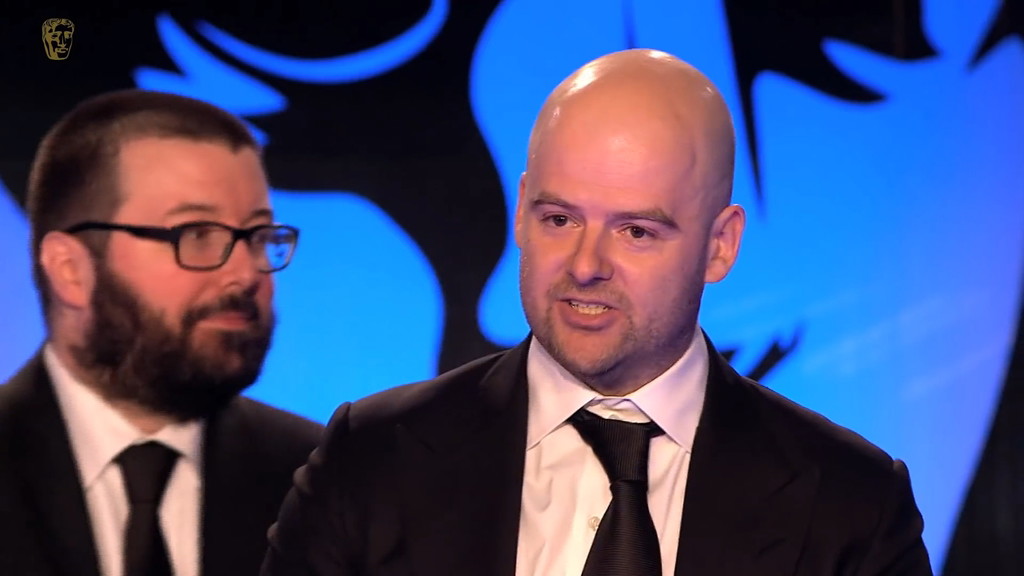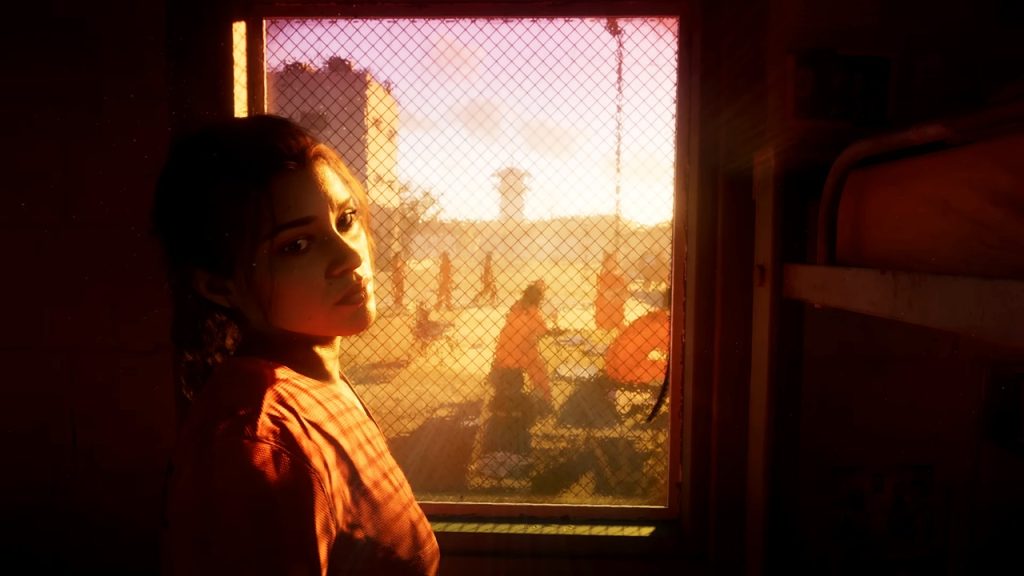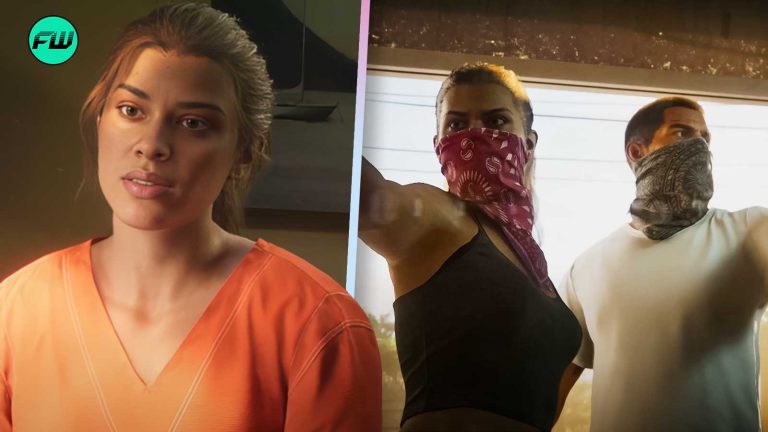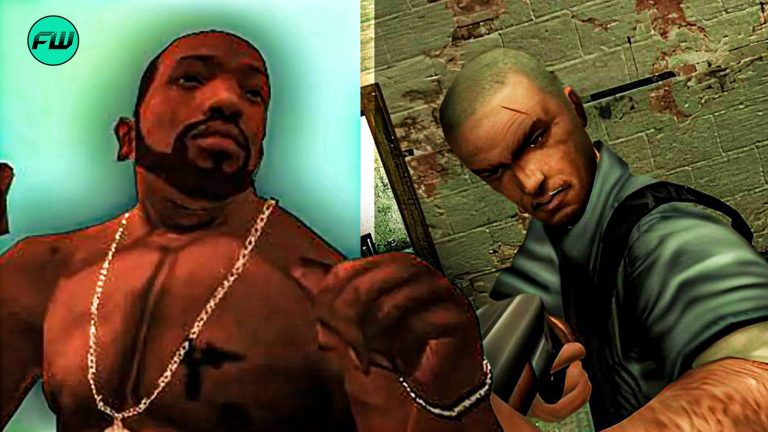
As we inch closer to what might be gaming’s most anticipated release ever, Grand Theft Auto VI, there’s an elephant in the room that needs addressing. Dan Houser, the creative mastermind who helped shape the series’ signature style and storytelling for over two decades, is no longer at the helm.

When Houser left Rockstar Games in 2020, he didn’t just leave a job—he left behind a legacy of creating some of the most culturally impactful games ever made. From the satirical brilliance of Vice City to the narrative depths of GTA V, his fingerprints are all over the series’ greatest moments.
Now, as we eagerly await the next chapter in the Grand Theft Auto saga, one question looms larger than ever: can the magic survive without one of its primary architects?
A Legacy That Goes Beyond Los Santos or Vice City
Dan Houser wasn’t just the pen behind Grand Theft Auto‘s satirical brilliance—he was the storytelling mastermind who gave us some of gaming’s most memorable moments. From Jimmy Hopkins’ teenage rebellion in Bully to Arthur Morgan’s heart-wrenching journey in Red Dead Redemption 2, Houser’s ability to craft compelling narratives transcended genres and settings.
In a revealing 2013 interview with The Guardian, Houser offered insight into his creative philosophy:
GTA is the bastard child of many different parents. It’s more urban planning than architecture, though. There’s a great skill in doing the first layouts of a map, it’s so complicated what those artists are doing—the things they have to worry about.
This holistic approach to game design—treating every element as part of the storytelling process—became a hallmark of not just GTA, but every project he touched. Whether it was Max Payne 3‘s noir-soaked monologues or John Marston’s tragic tale of redemption, Houser’s writing elevated video game storytelling to new heights.
What set Houser apart wasn’t just his writing prowess—it was his understanding that great games are more than just their scripts.
Every street corner, every radio advertisement, and every NPC interaction had to serve the larger narrative. Under his guidance, Rockstar didn’t just create games; they built living, breathing worlds that had something to say about our own.
The Future of Rockstar’s Storytelling

His sudden departure in 2020, following an “extended break,” raised eyebrows across the industry. The fact that he went on to found Absurd Ventures just a year later suggests it wasn’t creative or industry burnout that drove him away. While we may never know the full story (thanks, NDAs!), the timing couldn’t have been more intriguing.
What makes this departure particularly significant is how Houser viewed game development. In that same Guardian interview, he emphasized the importance of going “all out on every version to try and make the absolute best game we could make at that time.” This wasn’t just about writing scripts—it was about crafting complete experiences where every element served the larger narrative.
The void left by Houser’s departure is particularly concerning given GTA 6‘s status as possibly the most anticipated game of the decade. We’ve only seen one trailer in eleven months, but the hype surrounding this game is already reaching unprecedented levels. The pressure on Rockstar to deliver their next magnum opus has never been higher.
However, there might be a silver lining for fans. Given that work on GTA 6 likely began shortly after Red Dead Redemption 2‘s 2018 release, there’s a good chance Houser contributed to the game’s early development and script before his said break began in 2019.
Whether GTA 6 carries Houser’s creative DNA or not, one thing is certain: he helped establish a standard for storytelling in games that few have matched. The real question isn’t just if his early involvement was enough—it’s whether anyone can fill the shoes of someone who turned video game writing into an art form.
What do you think about Dan Houser’s departure from Rockstar? Could his early involvement in GTA 6‘s development be enough to maintain the series’ signature style? Share your thoughts in the comments below!
This post belongs to FandomWire and first appeared on FandomWire



